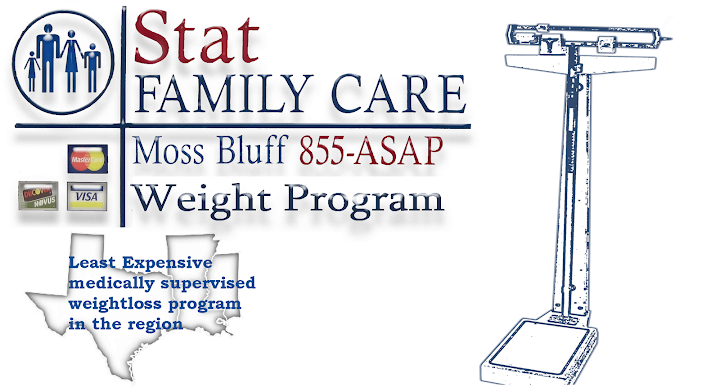Wednesday, September 15, 2010
Diabetes
Diabetes: Google Health Reference
This for information only and in no way is a diagnosis for your potential medical condition. You should consult with your medical doctor to determine your diagnosis.*
Wednesday, March 31, 2010
Be Active
- Go wild. Variety is the spice of life!
Feel free to try new activities. Get out on the dance floor and let loose. Try yoga or pilates.
- Sneak it in
Pick up the pace while doing housework and gardening and you'll reap double the rewards.
Take the stairs. Park a block away or at the far end of the lot.
- Involve others
Challenge a friend to a match of tennis or other sport or game. Take an early evening walk with your family and/or your dog.
Bottom Line: Aim for 45 minutes of moderate-intensity activity at least 4 days a week.
____
Weight Loss Diet
Avoiding Portion Distortion
____
Weight Loss Diet
Avoiding Portion Distortion
Avoiding Portion Distortion
- Portion Distortion
Beware of snacks and beverages that are actually considered to be two servings.
If eating out, share with a friend or take the second half home.
- Don't Skip meals. Breakfast is a must.
In order to keep your metabolism running and those calories burning, eat small servings of a variety of foods throughout the day.
- Drink, Drink, and Drink!
If you are feeling hungry, try drinking a glass of water first. You may just be thirsty.
Drinking a full glass of water before each meal will also help with portion control
- Slow down.
Giving each bite of food time to digest can make you feel full sooner than you would otherwise.
Bottom line: Its all in the numbers. In order to lose weight, we must burn more calories than we take in. Get out that calculator and start counting your calories. Don't go over or under!
Women: 1,200 - 1,500 Calories per day
Men : 1,500 - 2,000 Calories per day
__________
Weight Loss Diet
Be Active
__________
Weight Loss Diet
Be Active
Wednesday, March 24, 2010
Weight Loss Websites
Please explore this helpful website. You may get menu information from this website to make your healthy selection choices before you go out to eat, or print out your favorite restaurants and keep them in your car. There are over 350 dine-in, fast food, and snack-stand restaurants listed on dietfacts.com
Tuesday, March 23, 2010
General Information on the Weight Reduction Diet
If your body weight is 20% or more than is ideal for your height and build, you are overweight. Obesity (overweight) is associated with increases in illness and death from diabetes, high blood pressure, heart disease, gallbladder disease, and other disorders. The most common cause of obesity is eating more food than your body can use so that extra food is stored as fat. A calorie is a measurement of the energy produced as your body uses food. Some foods contain more calories than others. Most women need about 2,000 calories a day to maintain their weight, and most men need about 2,500. The more active you are the more calories you need. If you take in 500 calories less than what you need to maintain your weight every day, you will lose 1 pound a week. Most weight reduction diets use calorie-counting or food exchanges as a way of measuring your intake of calories. Your doctor can give you more information about specific diet plans.
Instructions:
1. You should eat a well-balanced diet that includes all four food groups (milk products, meats, fruits, and vegetables, breads and cereals). Avoid crash diets, fad diets, and diets that allow fewer than 1,000 calories per day. These may damage your health.
2. Most people lose about 1/2 to 2 pounds per week. Try not to lose more than 2 pounds per week. You may have a period of time wehn you don't lose weight no matter how "good" you are. This is normal. Continue your program, and your weight loss will begin again soon.
3. Drink plenty of water (6 to 8 glasses per day). Avoid alcoholic beverages, these contain calories but not important nutrients.
4. Ask your doctor for a regular, moderate exercise plan. Bake, roast, or broil your food instead of frying it. Choose lean meats and trim all extra fat before cooking. Remove skin from poultry before cooking. Eat vegetables raw or lightly cooked. Avoid high calorie snacks, such as peanuts, and heavily salted foods, such as potato chips. Avoid sugar, such as candy and cookies. Eat fresh fruits for a snack instead.
5. Do not eat more than four eggs per week.
6. Eat slowly and enjoy your food. Avoid eating while reading or watching TV. Do not skip meals.
7. Weigh yourself no more than once a week. It is normal for weight to vary, and weighing yourself every day may be discouraging.
8. A support group, "BUDDY", or Weight Loss Club may be helpful.
Call If:
1. Reasonable efforts to lose weight do not succeed.
2. You are unable to control your eating behavior.
Wednesday, March 3, 2010
Subscribe to:
Posts (Atom)








